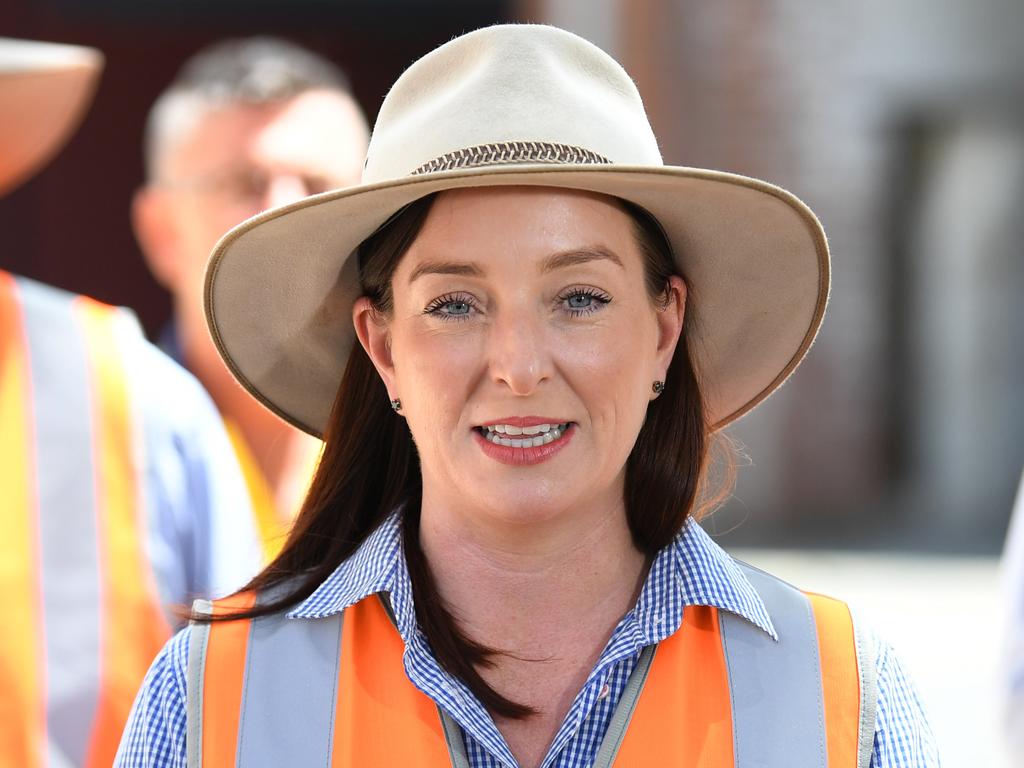Nurses, midwives to prescribe abortion pills in Queensland
Queensland will become the first jurisdiction to allow nurses and midwives to prescribe medical abortion pills under new laws aimed at improving termination access to women in regional parts of the state.

Queensland will become the first jurisdiction to allow nurses and midwives to prescribe medical abortion pills under new laws aimed at improving termination access to women in regional parts of the state.
The Therapeutic Goods Administration in July approved an application from the not-for-profit pharmaceutical company MS Health to relax restrictions on who can prescribe the pill MS-2 Step, which can be taken up to nine weeks from conception. It is up to each state and territory to determine which health practitioners will have prescribing powers.
Queensland Health Minister Shannon Fentiman introduced the first laws in Australia to grant capacity to nurses and midwives. “Allowing nurses and midwives to administer medical termination drugs will mean greater access and more choice for women, particularly where access to surgical termination is unavailable,” she said.
Before the TGA’s ruling earlier this year, only doctors who had conducted extra training could prescribe the pill, and only about 10 per cent of GPs were registered to do so.
The new laws have been praised by pro-choice groups, but obstetricians have raised the alarm about unintended consequences from expanding access to medical terminations, warning women could be at risk of complications, or even death.
National Association of Specialist Obstetricians and Gynaecologists (NASOG) president Gino Pecoraro said one in five women needed surgery after a medical termination.
“There’s a general principle in medicine that you shouldn’t be prescribing a treatment unless you can deal with complications from it,” he said.
“Safety shouldn’t be offered up on the altar of convenience.”
Dr Pecoraro said instead of lifting regulation on who could prescribe MS-2 Step, governments should work harder to attract “highly trained people” to work in the regions or provide subsidies for women to travel closer to a hospital for a medical termination.
“It’s not ideal, but it’s certainly better than having a complication in a very regional or remote area without access to appropriate safeguards,” Dr Pecoraro said.
“While this will be claimed to be a wonderful thing for women in the regions – and absolutely NASOG believes that increased accessibility to safe reproductive healthcare for women is a must – we’re not convinced that this is the best way to do it. If you are in a small town, that for whatever reason can’t deal with complications, that puts people at risk.”
Ms Fentiman “rejected” concerns from obstetricians that nurses and midwives would not be able to handle complications.
“The TGA has made a decision that nurse practitioners and endorsed midwives, once they have the training and qualifications, can safely provide this medication. This is about making sure no matter where you live in our very big state, you get access to what is a lawful health procedure.”








To join the conversation, please log in. Don't have an account? Register
Join the conversation, you are commenting as Logout